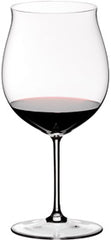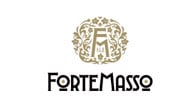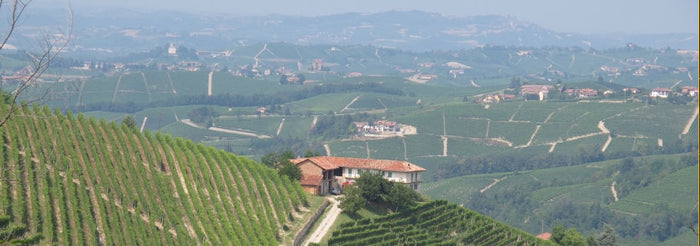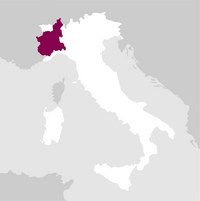Awards
Details

Perfume

Color

Taste
Serve at:
18 - 20 °C.
Longevity:
Over 25 years
Decanting time:
1 hour

Pairings
- Oenologist: Piero Ballario
- Hectares: 5
The main cultivated vines are the traditional ones of the Langhe, Nebbiolo and Barbera in particular. Read more


| Name | Fortemasso Barolo Castelletto 2015 |
|---|---|
| Type | Red still |
| Denomination | Barolo DOCG |
| Vintage | 2015 |
| Size | 0,75 l |
| Alcohol content | 14.5% by volume |
| Grape varieties | 100% Nebbiolo |
| Country | Italy |
| Region | Piedmont |
| Vendor | Fortemasso |
| Origin | Village of Castelletto, Town of Monforte d'Alba (Cuneo). |
| Climate | Exposure: East, South-East. |
| Soil composition | Limestone, sandy-loam. |
| Cultivation system | Guyot. |
| Plants per hectare | 4,000. |
| Harvest | By hand, with 20 kg small crates. |
| Wine making | The grapes, freshly harvested, are crushed and destemmed and left to ferment in temperature-controlled stainless steel wine vats; once alcoholic fermentation has started, daily pumping over begins to facilitate the extraction of the colour and primary aromas of the grapes from the skins. After 8 0 days, fermentation ends, and maceration at the submerged cap begins. This phase is very important because, in addition to prolonging the period of extraction from the skins, which began after crushing, it facilitates the stabilisation of the colour of the future wine. During maceration, which lasts 25-30 days, malolactic fermentation also takes place, thus making the wine microbiologically stable. |
| Aging | In December, the ageing period in wood begins, which lasts an average of 30 months, followed by bottling and the very important bottle ageing that will make the great Barolo available to the consumer after a further 8 0 months. |
| Allergens | Contains sulphites |






